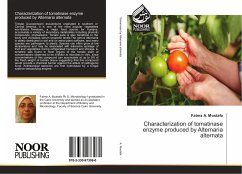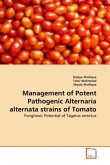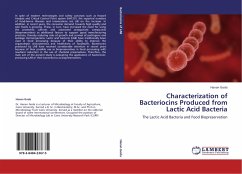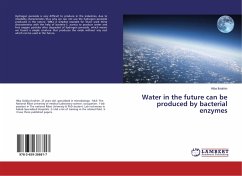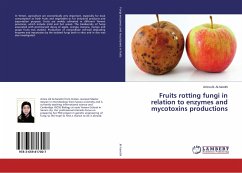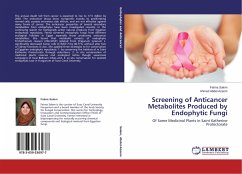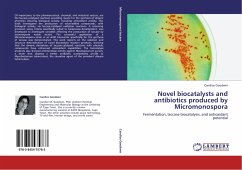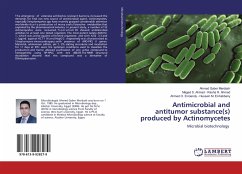Tomato (Lycopersicon esculentum) originated in southern or Central America. It is one of the most popular vegetables worldwide. Tomatoes, a major food source for humans, accumulate a variety of secondary metabolites including phenolic compounds, phytoalexins. Tomato juice is also beneficial to the body and increases serum lycopene levels.The genus Alternaria is widely distributed in soil and on aerial plant surfaces, and many species are pathogenic to plants. Species can often grow at low temperature and may be associated with extensive spoilage of fruit and vegetables during refrigerated transport and storage. á- tomatine was found in most organs of the tomato plant at concentrations observed to be inhibitor to microbes in vitro, since concentrations of this compound can accumulate at up to 5% of the fresh weight of tomato tissue suggesting that this compound would provide a chemical barrier against the attack of pathogenic fungi. Antimicrobial saponins are first hydrolysed by afungal saponin-detoxiofying enzyme.
Bitte wählen Sie Ihr Anliegen aus.
Rechnungen
Retourenschein anfordern
Bestellstatus
Storno

